War Between Great Powers is Impossible: Selected Writings of M. Jean de Bloch
Nonfiction, History, Military, Strategy, World War I| Author: | M. Jean de Bloch | ISBN: | 1230000019578 |
| Publisher: | PRAETORIAN PRESS LLC | Publication: | September 24, 2012 |
| Imprint: | Language: | English |
| Author: | M. Jean de Bloch |
| ISBN: | 1230000019578 |
| Publisher: | PRAETORIAN PRESS LLC |
| Publication: | September 24, 2012 |
| Imprint: | |
| Language: | English |
M. Jean de Bloch was perhaps the world’s greatest amateur philosopher of war. A banker and railway financier, he devoted years to the study of war before the dawn of the 20th Century. He concluded that advances in modern armaments such as smokeless powder, improved rifles, and machine guns had rendered war between the great powers impossible. He found that the improved defensive firepower rendered maneuver over open ground impossible and that modern armies would become enormous and would become locked in a war of attrition which would bankrupt the warring states.
The Great War soon proved his main conclusion wrong. The great powers had been unable or unwilling to comprehend the changes in the nature of warfare and had dived headlong into that disastrous war. However, the nature of the war itself validated much of Bloch’s analysis. Defensive firepower had dominated the war and mutated it into a prolonged war of attrition in the trenches. It had bankrupted the Russian Empire and devastated Europe.
However, Bloch failed to appreciate the importance of other innovations such as improved artillery, military aircraft, tanks, and motorized transport. These, combined with improved initiative-driven tactics (Auftragstaktik or mission tactics) eventually overcame the stalemate.
While Bloch was dismissed by the military professionals of his day, his influence was significant among the peace movement. Today his work is valued by students, soldiers, and peace activists alike. This collection of his shorter works should be considered by those to advocate as well as those who oppose military action.
M. Jean de Bloch was perhaps the world’s greatest amateur philosopher of war. A banker and railway financier, he devoted years to the study of war before the dawn of the 20th Century. He concluded that advances in modern armaments such as smokeless powder, improved rifles, and machine guns had rendered war between the great powers impossible. He found that the improved defensive firepower rendered maneuver over open ground impossible and that modern armies would become enormous and would become locked in a war of attrition which would bankrupt the warring states.
The Great War soon proved his main conclusion wrong. The great powers had been unable or unwilling to comprehend the changes in the nature of warfare and had dived headlong into that disastrous war. However, the nature of the war itself validated much of Bloch’s analysis. Defensive firepower had dominated the war and mutated it into a prolonged war of attrition in the trenches. It had bankrupted the Russian Empire and devastated Europe.
However, Bloch failed to appreciate the importance of other innovations such as improved artillery, military aircraft, tanks, and motorized transport. These, combined with improved initiative-driven tactics (Auftragstaktik or mission tactics) eventually overcame the stalemate.
While Bloch was dismissed by the military professionals of his day, his influence was significant among the peace movement. Today his work is valued by students, soldiers, and peace activists alike. This collection of his shorter works should be considered by those to advocate as well as those who oppose military action.
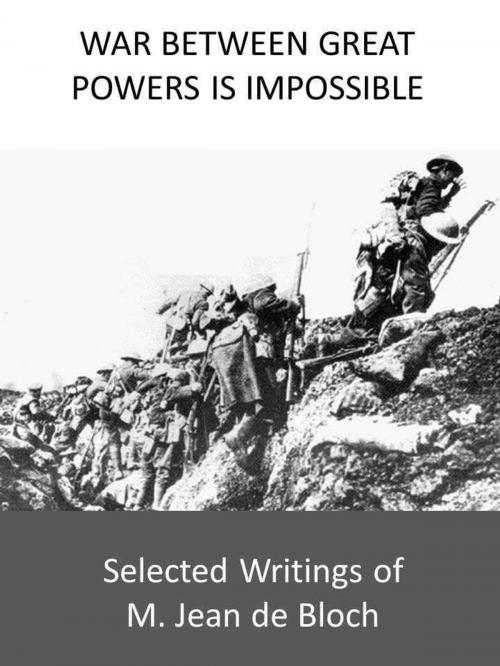
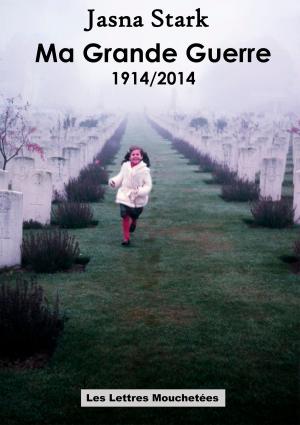
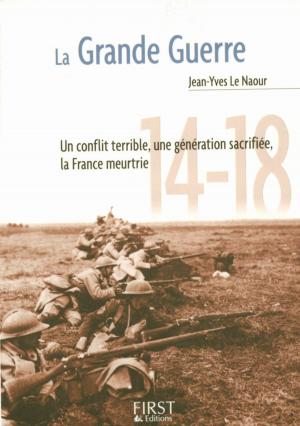
![Cover of the book ANTWERP TO GALLIPOLI - A Year of the War on Many Fronts - and Behind Them [Illustrated Edition] by M. Jean de Bloch](https://www.kuoky.com/images/2014/august/300x300/9781782895534-vBFM_300x.jpg)


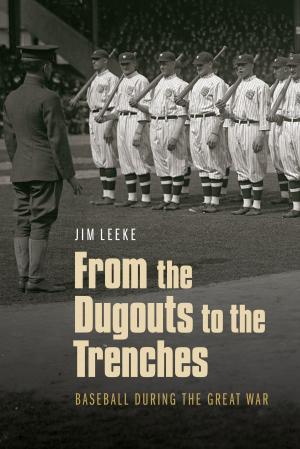

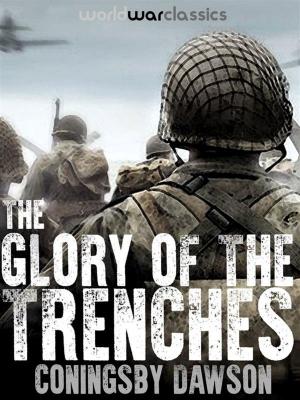



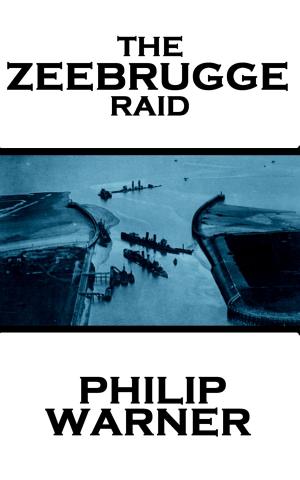


![Cover of the book The First Seven Divisions, Being A Detailed Account Of The Fighting From Mons To Ypres. [Illustrated Edition] by M. Jean de Bloch](https://www.kuoky.com/images/2012/april/300x300/9781782890843-FQ7G_300x.jpg)